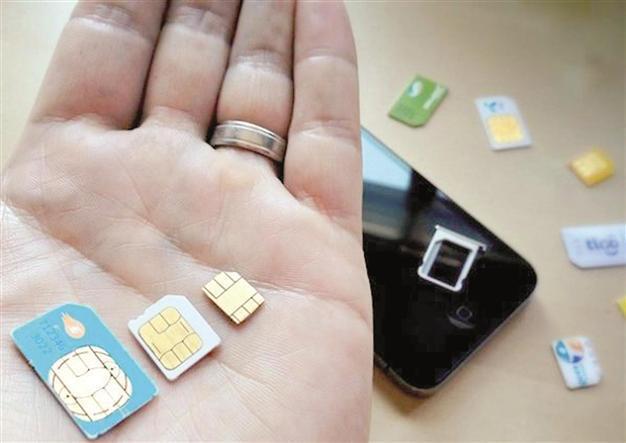Chipmaker probes report of hacking by US and UK spies

US and British secret services can tap into mobile voice and data communications of many devices after stealing the encryption keys of a major SIM card maker, a report says. The chipmaker, Gemalto, said it is investigating the claim.
Gemalto has said it was investigating a report U.S. and British spies had hacked its systems to steal the privacy-protecting encryption keys in the chips it makes for mobile phones.Citing documents provided by whistleblower Edward Snowden, the report said the hack allowed the agencies to monitor a large portion of voice and data mobile communications around the world without permission from governments and telecom companies.
Gemalto’s shares sank as much as 10 percent in huge volumes in early trading after the news website Intercept reported the hack by the U.S. National Security Agency (NSA) and Britain’s Government Communications Headquarters (GCHQ).
“We take this publication very seriously and will devote all resources necessary to fully investigate and understand the scope of such sophisticated techniques,” the company said in a statement.
The hack by the National Security Agency (NSA) and UK’s Government Communications Headquarters (GCHQ) allowed the agencies to monitor a large portion of voice and data mobile communications around the world without permission from governments and telecom companies, according to the report.
Franco-Dutch company Gemalto makes smart chips for mobile phones, bank cards and biometric passports and counts Verizon, ATT Inc and Vodafone among its 450 wireless network provider customers around the world.
“If these attacks were to be confirmed and did allow access to various communications, it would be very damaging for Gemalto’s reputation,” a Paris-based trader said.
Gemalto officials declined further comment on but in an emailed statement earlier a spokeswoman said: “From what we gathered at this moment, the target was not Gemalto, per se - it was an attempt to try and cast the widest net possible to reach as many mobile phones as possible.”
















